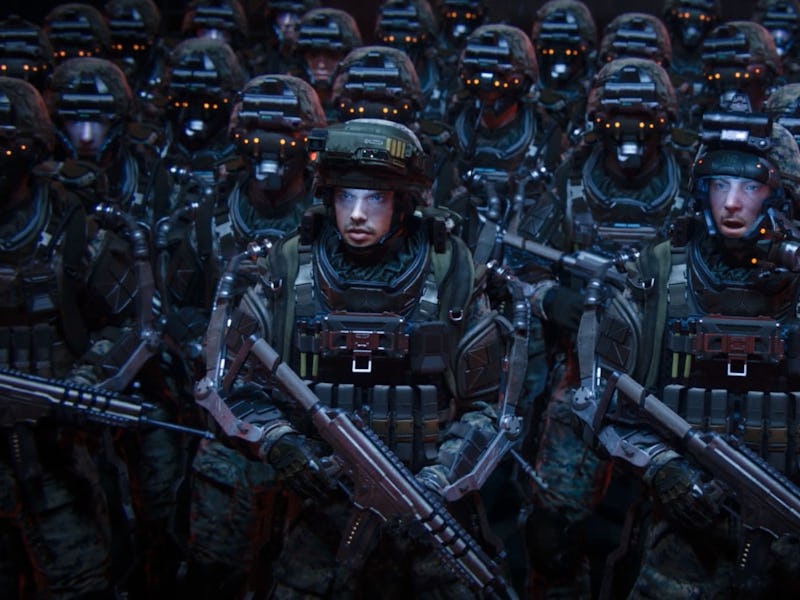Video Games Might Be Harming Your Brain
Many video games will train one region of the brain, harming others.

Parents and scientists love to worry about what video games are doing to the brains of kids these days. There’s some merit to their worry — but there’s also room to argue that video games actually help strengthen the brain.
Certain games train certain brain regions depending on the type of problem solving required to succeed, according to research published Monday in the journal Molecular Psychiatry by a team of scientists from the University of Montreal. However, people who play just that one type of game will face atrophy in other brain regions.
The researchers broke video games into two large groups that rely on the gamer to use different kinds of memories. Action and shooting games like Gears of War or Call of Duty activate the caudate nucleus, part of the brain that helps people develop habits by giving them a feeling of reward for completing immediate tasks. However, a more adventure-based game like the 3D Mario platformers activated the hippocampus, the region of the brain more associated with forming and consolidating memories. That’s because those people needed to rely on their own spatial processing to navigate the game’s complex maps.
After linking each type of processing to a relative difference in the size of those brain regions, the researchers wanted to figure out whether or not playing one type of game would lead to an increase in one region, but atrophy in the other. So they got 20 people to split up into two groups: half the participants played an action game rewarding immediate responses, and the other half played an adventure game that required navigation.
After 90 hours, researchers ran the participants through an fMRI to measure how their brains had changed.
A game that requires the player to memorize a large, complicated realm, like Super Mario Galaxy 2, will help strengthen the hippocampus.
It turns out that whenever someone played a game that strengthened one brain region — either the hippocampus or the caudate nucleus — the other one grew smaller from disuse.
Researchers point out that widely popular games that strengthen the caudate nucleus over the hippocampus like the Grand Theft Auto or Call of Duty franchises could also be made to help the hippocampus with some minor tweaks. Namely, these sorts of games all provide an on-screen compass or GPS that point the player towards their next objective. Take that away, and people would need to navigate on their own, developing an internalized map of the game’s layout. That way they still get the boost to the immediate reward pathways in their brains but also rely on their hippocampus to find their way around — instead of letting that part of their brain shrivel up.
It’s not the video games themselves that are hurting specific parts of the brains, it’s just that the parts of the brain that specific video games help bolster are localized. So too much time on one game can really help a specific neural pathway, but this research shows that the parts of the brain that aren’t being used will fall into disrepair from neglect.
Abstract: The hippocampus is critical to healthy cognition, yet results in the current study show that action video game players have reduced grey matter within the hippocampus. A subsequent randomised longitudinal training experiment demonstrated that first-person shooting games reduce grey matter within the hippocampus in participants using non-spatial memory strategies. Conversely, participants who use hippocampus-dependent spatial strategies showed increased grey matter in the hippocampus after training. A control group that trained on 3D-platform games displayed growth in either the hippocampus or the functionally connected entorhinal cortex. A third study replicated the effect of action video game training on grey matter in the hippocampus. These results show that video games can be beneficial or detrimental to the hippocampal system depending on the navigation strategy that a person employs and the genre of the game.